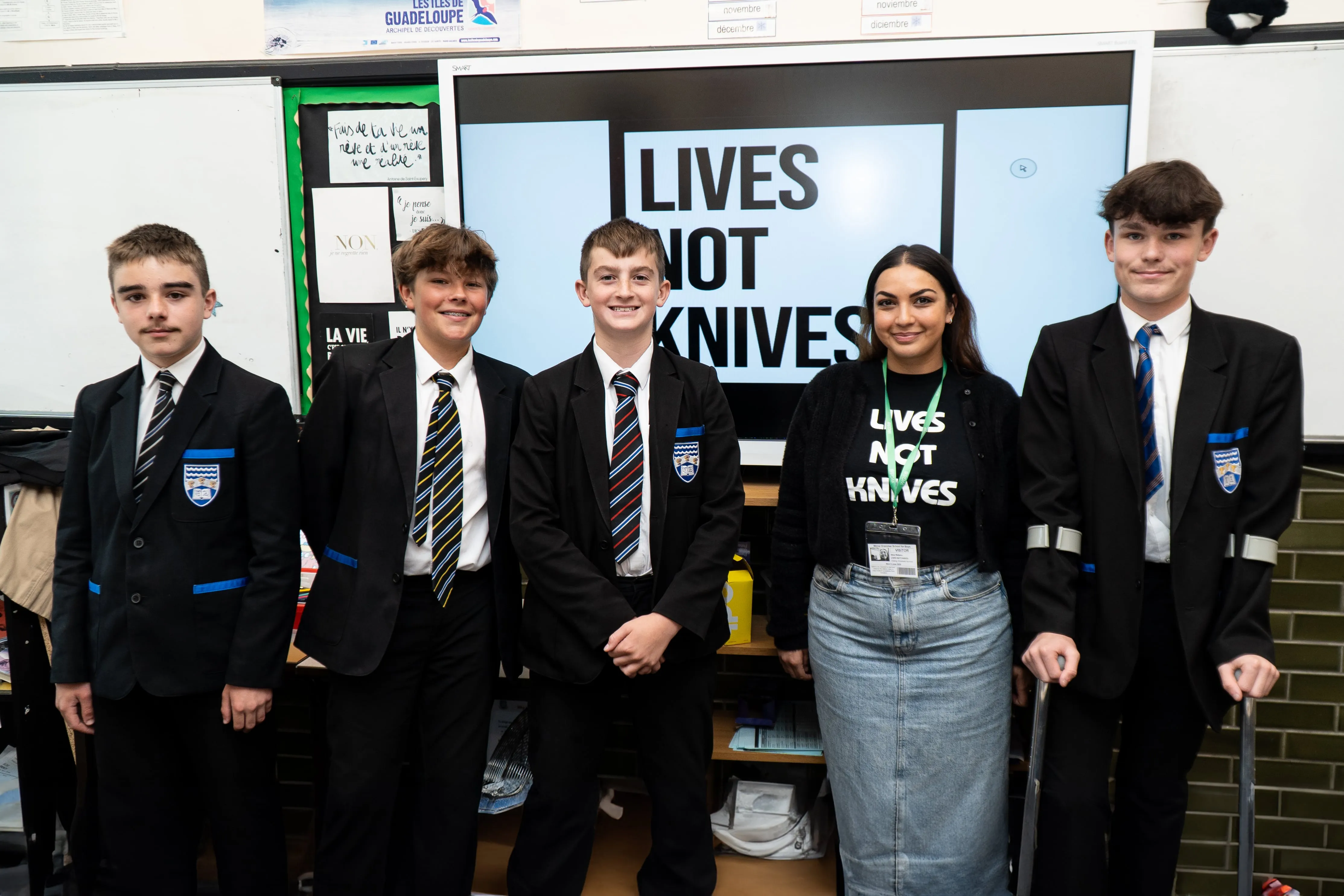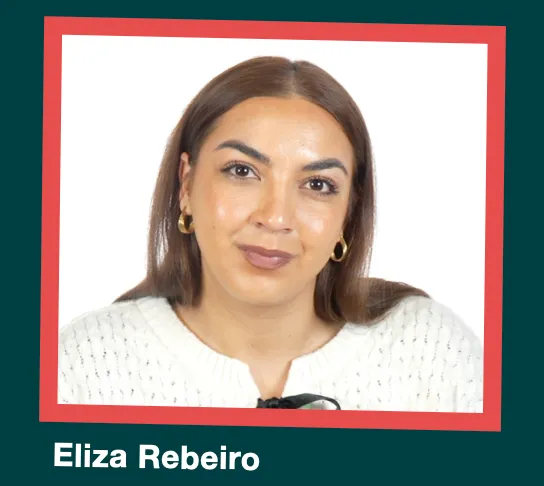
I’ve been in too many rooms where youth violence is talked about like it’s just data. People bring out the graphs, shake their heads, and talk about the ‘problem’; but behind every number is a child – a story, a family, and a community. By the time those numbers are being counted, a life has already been changed forever. I know this because I’ve been on the other side of the statistics.
I grew up in Croydon, and as a child I wasn’t aware and did not see the violence that was happening around me. I didn’t think knife crime was something that could touch me or my friends – until it did. I was excluded from school, labelled as troublemaker, and suddenly the world felt very small. School had been my structure and when it was taken away, I didn’t just lose lessons – I lost my place, my safety net, and the sense that I mattered.
When attending a Pupil Referral Unit I was reminded daily of the statistics that surrounded exclusion, with teachers often saying things like “you’re more likely to go to prison, then get your GCSE’s”. At the time, I didn’t know how true this was, but I saw it as a motivator and now I am very aware that; statistically, 42% of adult prisoners were permanently excluded from school and 63% were temporarily excluded or suspended at some point, it’s also well known that, children who are excluded are more likely to be groomed, more likely to carry weapons and more likely to end up in violence.
It was also during my time at PRU where I first witnessed a knife being drawn and used. That experience changed everything, and it is the reason my Mum and I started Lives Not Knives. Initially launching as a T-shirt campaign in Croydon, it quickly grew from just me and my mum to a dedicated team of youth workers who are focused on addressing the socio-economic factors that contribute to knife crime and youth violence.
Croydon has been in the headlines for all the wrong reasons. In 2021/22, it recorded the highest number of teenage murders in London. The year after, there were 681 recorded knife crime offences which increased to 834 in the following year. Again, these aren’t just numbers - they’re names, family members, and communities that will forever be impacted by knife crime and youth violence. However, this is only one part of what’s happening, with more children growing up in temporary accommodation and more families struggling with poverty. These issues only contribute to the ongoing challenges surrounding mental health, where an increased number of referrals for free care are pushing services to their breaking points, and leading to ongoing safeguarding concerns.
I also know that nearly all young people referred to us are on free school meals, have witnessed or been a victim of domestic abuse, have undiagnosed and untreated mental health issues related to trauma, and come from single family homes or homes where their family member is incarcerated. A number of children that come from these backgrounds have been failed long before they picked up a weapon or got involved with ‘the wrong crowd’ and it cannot just be seen that they had made a bad choice without consideration on their socioeconomic environment that they grew up in.
And the most frustrating part? So much of the support they need only arrives after something goes wrong – after they’ve been excluded, after they’re arrested, after someone has already been hurt. That’s why Lives Not Knives exists and continues to evolve so that we can help to prevent youth violence - everything we do is about stepping in early and providing consistency in the lives of young people through our Engage, Educate and Engagement Programs.
Our Engage program runs during the school holidays when young people are often most vulnerable and when parents are working, Engage gives them a place to go by giving them access to our unit so they can socialise and participate in different activities and games, we provide hot meals to ensure they’re fed, as well as creating an environment that is safe and gives them a simple chance to just be a child.
Educate is our program focused on school. We work with teachers and students to bring real conversations about knife crime into the classroom. This isn’t a one-off assembly that kids forget about in a week. It’s lived experience, victim and perpetrator stories with honest conversations about consequences. We’ve trained over 400 teachers and reached more than 8,000 young people – and just as importantly, we’ve helped schools spot who’s at risk before exclusion happens, so those students can get the mentoring they need.
And then there’s Empower, which is all about families. We know children don’t live in a vacuum. If a parent is struggling just to keep the lights on, it’s hard for them to be emotionally available. By providing essentials, food, and emotional support, we ease that pressure and help families create a safer, more stable home for their children.
Even with all of this, we still see too many schools and councils calling us in only after tragedy has struck. If we’re serious about saving lives, prevention can’t be an optional extra – it has to be part of the system. That’s why we’re launching The Educate Hub, which takes everything we’ve learned and makes it available to every school. It’s full of lesson plans, interviews, legal and medical advice, and guidance for teachers who want to support their students but don’t know where to start. The goal is simple, a ‘whole school approach’ to tackling violence, make prevention consistent and accessible, so no school is left waiting until after an incident to act.
I often think back to my own experience and ask: did I matter then? At the time, it didn’t feel like I did. I felt written off. What changed my life was the people who chose to see me differently – who believed I was worth more than the worst moment of my teenage years. That question – does this child feel like they matter? – is the one I carry with me into every school, every meeting, every speech. Because when a young person feels like they don’t matter, when they feel disposable, it becomes much harder for them to choose safety.
So here’s what I believe we need to do. Make prevention mandatory in every school. Make education about knife crime consistent, not a one-off reaction. Treat exclusion as a sign a child needs help, not a way to get them out of sight. Knife crime isn’t just about gangs or knives. It’s about poverty, trauma, inequality, and children who don’t feel like they have a future.
Lives Not Knives will keep doing this work. The Educate Hub will help us reach even more schools. But we can’t do this alone. Schools, policymakers, communities – we all have a role to play. Because if prevention isn’t built into the system, then we will keep failing children who deserve safety, stability and opportunity.

Eliza Rebeiro, CEO, Lives Not Knives
www.livesnotknives.org
.webp)